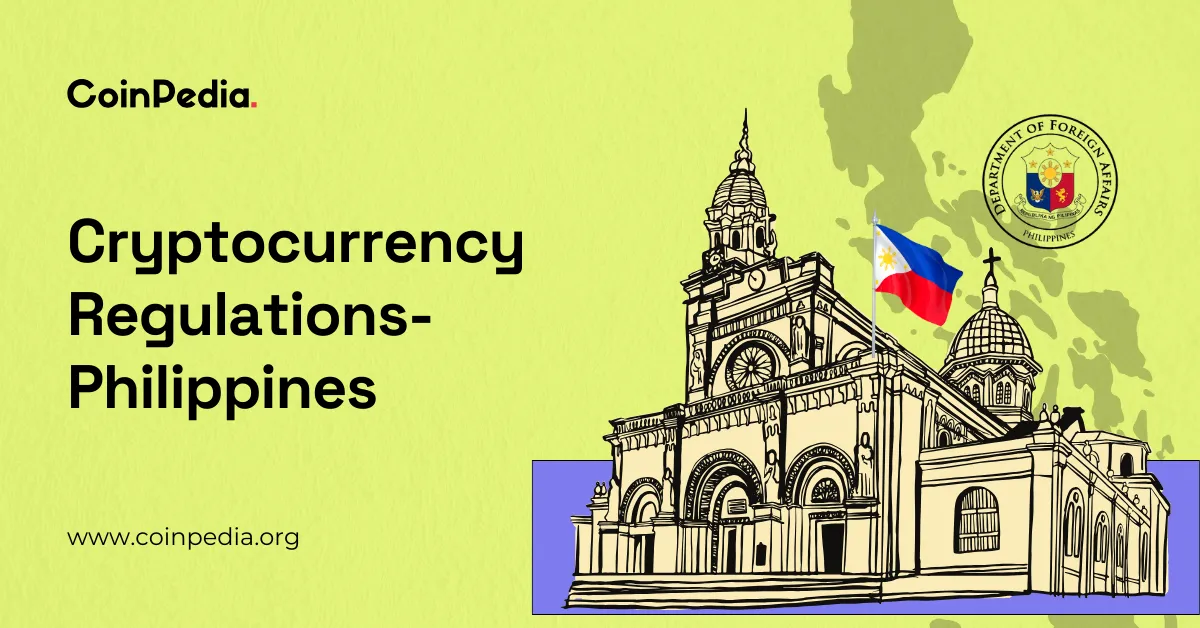
The Philippines has emerged as one of Southeast Asia’s most progressive nations in embracing digital assets. It all began in 2017 when the Bangko Sentral ng Pilipinas (BSP) introduced a formal regulatory framework for virtual currency exchanges and crypto-to-fiat service providers. This bold move not only legitimized cryptocurrency activity but also laid the groundwork for widespread adoption nationwide.
Fast forward to 2025, and the Philippines now ranks 20th globally in crypto wealth—an impressive feat driven by a tech-savvy population, robust remittance flows, and forward-thinking regulation. Here’s how the country’s crypto journey has evolved and what the current landscape looks like.
August 2025: House Bill (HB) No. 421
July 30, 2025 – Launch of Blockchain-Based System to Verify Government Documents
June 12, 2025 – Enforcement of Memorandum Circulars 4 and 5
All the regulations under circulars 4 and 5 came into effect on June 12. The rules were introduced to protect crypto investors and users and maintain trust.
May 30, 2025- Memorandum Circular No. 4 and 5
Time of Major Crypto Regulations in the Philippines:
| Date | Law/ Regulation | Details |
| May 9, 2023 | Philippine Peso Backed Stablecoin (PHPC) | Takes place under the central bank’s regulatory sandbox |
| November 28, 2022 | Financial Products and Services Consumer Protection Act | Consumer protection for crypto and other digital assets |
| September 1, 2022 | BSP Memorandum No. M-2022-035 | After serving a three-year period, it will expire on September 1, 2025 |
| January 26, 2021 | BSP Circular No. 1108 | BSP expands CASPs registration with AML/CFT compliance |
| 2018 | BSP Travel Rule for crypto | Requires sender/ recipient info for crypto transactions above P50,000 |
The Philippine government aspires to become a regional leader in technology with cryptocurrency and blockchain development. Recently, the Philippines Department of Finance expressed its commitment to creating a regulatory framework for crypto assets to combat cross-border tax evasion. Major proactive crypto approaches taken by the government are:
| Crypto tax | Tax rate | Details |
| Capital gains tax (CGT) | Up to 15% | Selling crypto for fiat or exchanging for goods is taxable |
| Income tax | Standard income tax in the Philippines | Mining, staking, and receiving crypto as payment |
| Value Added Tax (VAT) | 12% | Selling goods in exchange for crypto payments |
The Philippine government recently implemented mandatory license regulation for all crypto asset service providers (CASPs). What does it require?
Since the government implemented stricter rules in cryptocurrency, many crypto companies and platforms are using safety protocols and adhering to SEC regulations. Some of the best crypto exchanges in the Philippines are Youholder, Bybit, Cex.io, Bit Get, and Bigone, which leaves the least chance for any risks. With enhanced security measures and transparency approaches in crypto transactions, the Philippines will be positioning itself as a crypto hub in the near future.
The Philippines aims to be a regional crypto leader, recognizing and regulating digital assets through the BSP and SEC to combat tax evasion and promote blockchain development.
Yes, crypto is taxed. Capital gains are up to 15%, income from mining/staking is standard income tax, and VAT (12%) applies to goods exchanged for crypto. Penalties for non-compliance exist.
CASPs need SEC registration, a minimum ₱100 million capital, physical incorporation in the Philippines, strict AML procedures, and detailed documentation submission before activities.
The Philippines ranks 20th globally in crypto wealth, with a projected penetration rate of 10.49% in 2025, expected to reach 12.79 million users and ₱1.1 billion in revenue by 2026.
Story Highlights The live price of the Ethena token is . A structural breakout and…
Enso coin price has exploded higher, doubling in less than 48 hours as momentum traders…
Pi Network News Today: “Tap-to-Earn” mobile mining Pi Network has rolled out its latest mainnet…
Metaplanet reported a $619 million net loss for fiscal year 2025, primarily due to a…
The White House signaled a potential breakthrough in the ongoing debate over stablecoin rewards during…
On Thursday, February 19, Decentralized Finance (DeFi) platform Aave announced it now has a total…